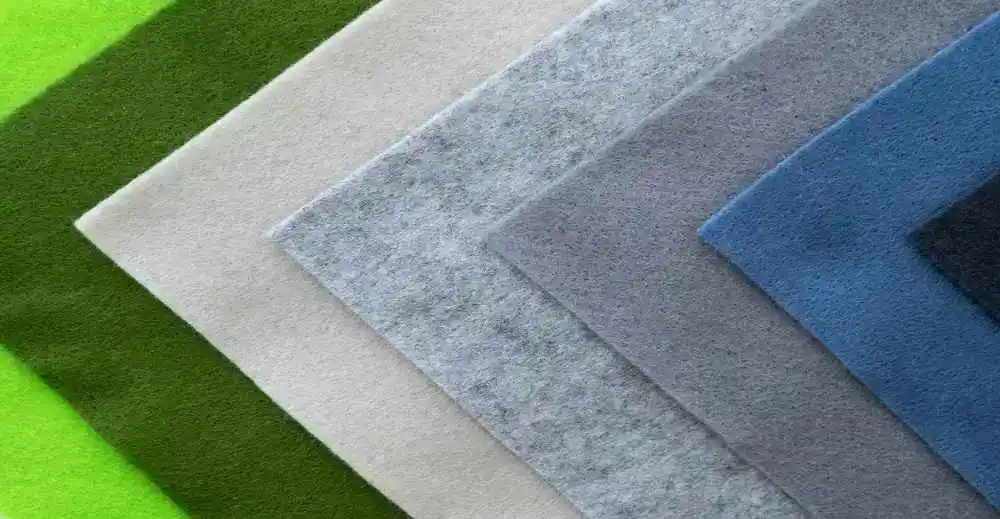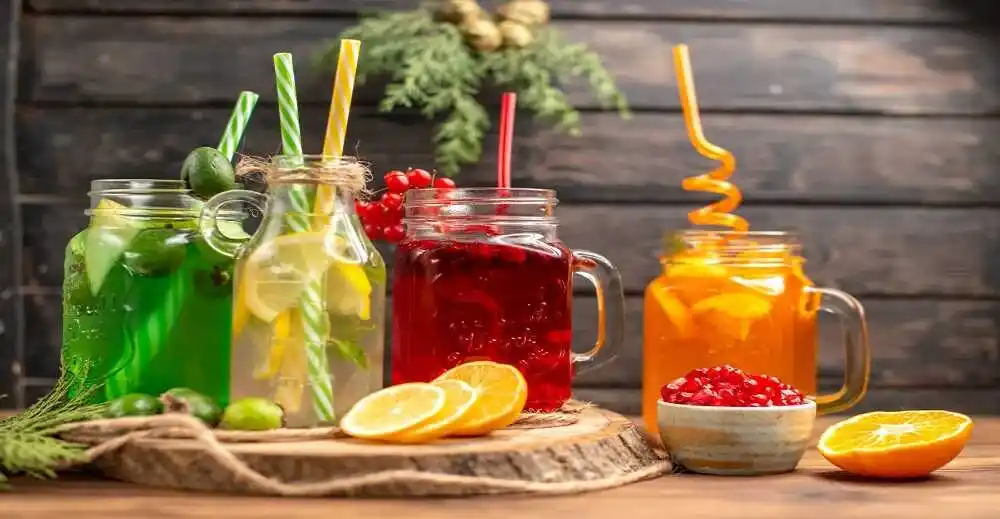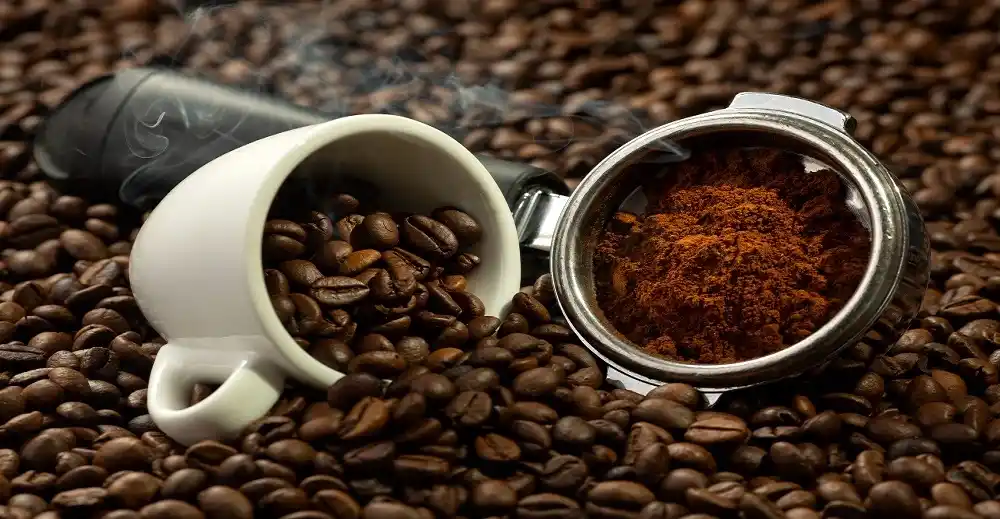Halal Cosmetics- Gradually Taking Over the Cosmetic Industry

As people are getting more aware about the harm caused by synthetic chemicals, organic, vegan, and eco-friendly are becoming common terms in the global cosmetics and personal care industry. However, there is another concept which is quite trending these days- Halal.
The issues of the ingredient used in cosmetics pose a serious situation and becomes a big question mark. Additionally, the demand of Halal today is not just focusing on food but also has been trying to capture other non-food product categories, especially nutraceuticals and cosmetics. Halal, an Arabic term, means ‘lawful’. Halal cosmetics are manufactured by using ingredients which are permissible according to the Islamic Sharia Law. That is, cosmetics which are Halal-certified do not contain ingredients obtained from animals which are prohibited by the Islamic Law. Halal cosmetics include creams, shampoos, lotions, and make-up that are free from any ingredient derived from non-Halal slaughtered animals. Halal cosmetics are also free from genetically modified organisms (GMO) since they are considered unclean. One common interpretation of Islamic law is that halal cosmetics must not contain any parts or substances of forbidden animals, such as dogs and pigs; must be handled with clean utensils; and must be made with materials and ingredients that are not harmful to humans.
.jpg)
Growing Inclination of Muslim Women Towards Premium Cosmetics and Personal Care Products
Muslim women are starting to get more confident in their preference of cosmetics and beauty products. As such, these style-savvy Muslim women are demanding Halal-certified cosmetic products so as to enhance their beauty and physical appearance. With people getting more and more aware about various ingredients being used in cosmetic product, the demand for halal cosmetics is rising, thereby driving the global halal cosmetics market growth.
In the past few years, cosmetic companies have started taking Muslim population into consideration as an important customer base. With rising disposable incomes and living standards, people are increasingly spending in expensive, premium beauty products. With the growing Muslim population at an unprecedented rate, there is more and more demand across Muslim consumers searching for Halal cosmetics and personal care products. Consequently, many beauty brands are rushing to get Halal certification for their products in order to capture this market potential in countries or regions where Muslim population is high.
Projected Percentage of Muslim Population, 2010 and 2030
.png)
Source: Pew Research Center
Emerging Popularity Among Non-Muslim Population
The demand for Halal cosmetic products today is rapidly increasing since the consumers are becoming more religious through knowledge and information regarding halal. As such, this calls for assurance that the Halal cosmetic product is not only safe to use and of high quality, but also is expected to be produced and processed in a manner that is safe for the environment.Halal cosmetics are also gaining popularity among non-Muslim population. Factors such rising inclination towards cosmetics made with ingredients that are not harmful for the human health as well as environment are fuelling the demand for halal cosmetics among non-Muslim consumers. Since Halal implies the safety and quality of ingredients and the manufacturing process, these cosmetics are increasingly used by people who want to wear makeup without harming their skin which is often caused by non-halal ingredients such as alcohol.
Untapped E-Commerce Industry
Booming e-commerce industry owing to the proliferation of smartphones and better internet connectivity is also pushing the demand for halal cosmetics across the globe as it makes easier for consumers to purchase halal-certified cosmetics online which are not available in their country in physical stores. Many organizations are keen on exploring untapped online sales platforms for Halal-certified products with the growing global Muslim consumer base. For example, Malaysia launched the first Shariah- and Halal-compliant e-commerce platform in 2016. The platform, with an investment of US$5 million, is run by the Aladdin Group of Companies and caters to both B2C and B2B communities across the Internet. The platform is also accessible via mobile applications globally.
Global Internet Penetration, Percentage of Population, 2012 to 2017

Source: The World Bank Group
Cosmetic Brands Capturing Lucrative Markets
Companies first need to capture the markets where Muslim population is high, for example, Indonesia, Malaysia, Vietnam, and the whole Middle East region. India is also a potential market for halal cosmetic manufacturers. According to a Pew Research Center study, India will surpass Indonesia to have the largest Muslim population of any country in the world by 2050. As such, companies like Iba Halal Care are offering various halal-certified products including lipsticks, shampoos, body lotions, and face creams to Indian consumers. The U.S.-based Amara Cosmetics is the first company in North America to offer halal-certified cosmetic products which are halal-certified by the Islamic Food and Nutrition Council of America (IFANCA), a non-profit halal certification organization. While the global halal cosmetics market is dominated by niche players, multinational companies are also dipping their toes in this potential lucrative market. Japanese cosmetics maker Shiseido obtained halal certification for its products in Vietnam in 2012. Global companies such as Unilever, Beiersdorf, and L'Oreal are selling halal products in Indonesia.
Non-Standardized Regulations Still a Hurdle
The difficulty level is high for cosmetic companies in terms of rules and regulations pertaining to the authenticity of a halal ingredient as they vary as per the countries. Halal cosmetics are usually approved by local or regional certification agencies to ensure that these products meet Islamic rules. In the United States and Europe, certification is often carried out by third parties since globally there is a lack of standardisation between bodies and regions. This is restricting cosmetic manufacturers to penetrate in the regions/countries where demand for halal cosmetics is growing tremendously. Thus, lack of global standardized set of halal-specific guidelines in the global cosmetic industry is leading companies fail to obtain an authentic halal certification in Muslim-dominant countries. Another difficulty faced by smaller cosmetic brands is the higher costs associated with developing and manufacturing halal cosmetic products since the narrower parameters make it more difficult for smaller halal brands to compete against big brands. Stricter regulations and standards make the cost of attaining certification more costly.
ABOUT THE AUTHOR:
Anjali Joshi is a senior market research analyst at Knowledge Sourcing Intelligence. She oversees a team of analysts and is known for the quality of market intelligence she delivers to the clients which range from start-ups and Non-profit Organizations to Fortune 500 companies. Anjali’s keen understanding of international business and market dynamics, coupled with her years of experience working in this industry, allows her to analyse current and future trends across both global and clients’ target markets and help them in making informed decisions.
Get in Touch
Interested in this topic? Contact our analysts for more details.
Latest Blogs

Solar Control Window Films Market expected to reach USD 1,224.951 million by 2030
RecentlyTop Companies Leading the Silicon-Based Capacitor Revolution
Recently
The Role of Chemical Blowing Agents in Sustainable Foaming Solutions
Recently
Top 10 Emerging Beverages Set to Dominate the Market in the Coming Years
Recently